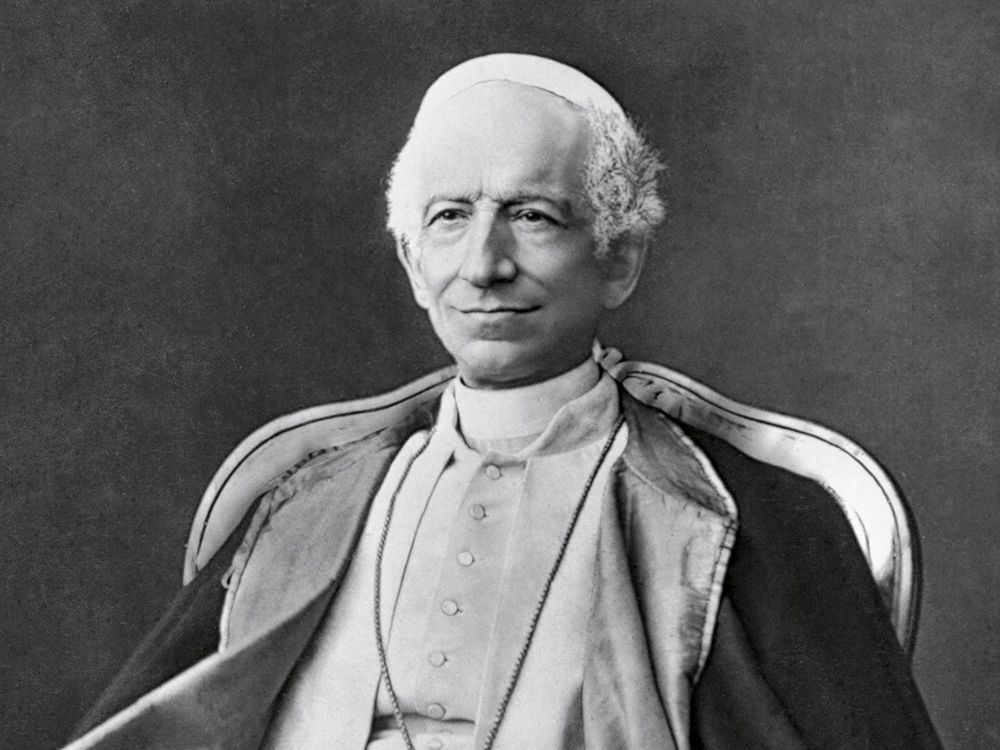
Introduction
Pope Leo XIII, born Vincenzo Pecci in 1810, served as the head of the Catholic Church from 1878 until his death in 1903. His papacy is noted for its significant contributions to the Church, especially in the realm of social doctrine, which remains relevant today. As the first pope to address the issues brought about by the Industrial Revolution, Leo XIII emphasized the need for the Church to engage with contemporary social issues, making his legacy critically important for understanding modern Catholicism.
Papal Encyclicals and Social Justice
One of Pope Leo XIII’s most renowned achievements is the encyclical “Rerum Novarum” (1891), which addressed the conditions of the working class and argued for workers’ rights and the right to a just wage. This document laid the groundwork for modern Catholic social teaching. Leo XIII advocated for a balance between the rights of labor and capital, asserting that both workers and employers had moral obligations toward each other. His teachings resonated widely and set a precedent for subsequent popes and Catholic social thought.
Engagement with Modern Science
In contrast to some of his predecessors, Pope Leo XIII was open to dialogue between faith and reason. He believed that faith should not be in conflict with scientific inquiry. His writings encouraged the pursuit of knowledge and established an environment conducive to educational advancement within the Church. He also sought to reconcile differences between religion and science, fostering a more harmonious relationship that allowed for a constructive discourse.
Influence on Catholic Church Operations
During his papacy, Leo XIII implemented various reforms aimed at modernizing the Church and improving its governance. He established the first diocesan synods to create a more structured Church administration and advocated for the establishment of the Catholic Action movement which promoted lay participation in Church activities. These efforts resulted in a more engaged laity and better operational efficiency within diocesan structures.
Conclusion
Pope Leo XIII’s impact on the Catholic Church and society cannot be overstated. His promotion of social justice and dialogue between faith and reason laid a strong foundation for future papacies. With the challenges of modern capitalism and social inequality persisting, Leo XIII’s teachings remain a source of guidance for addressing contemporary issues. As the Church continues to navigate the complexities of the modern world, the legacy of Pope Leo XIII serves as a reminder of the need for compassion and justice in the pursuit of a more equitable society.






